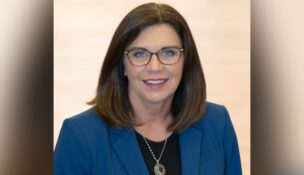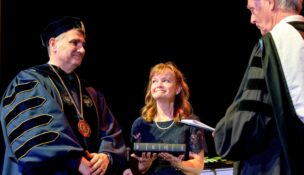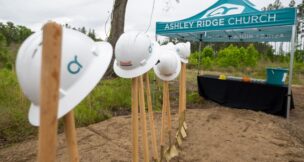Cradle to Career receives $40,000 to boost FAFSA completion rate
Staff Report //June 20, 2018//
The Tri-County Cradle to Career Collaborative has received a $40,000 grant from the National College Access Network to help increase Charleston County School District’s completion rate for the Free Application for Federal Student Aid.
The FAFSA provides grants, loans and work-study funds to students who are planning to attend college. The National College Access Network has challenged each of its 25 grant recipients to increase their city’s FAFSA completion rates by at least 5% for the graduating high school class of 2019.
According to the U.S. Department of Education, the estimated FAFSA completion percentage among first-time filing applicants in Charleston County, through June 8, is between 50% and 54%.
“Many of our most promising, college-bound students miss out on Pell Grant opportunities and other forms of financial aid because they don’t complete the FAFSA,” Cradle to Career CEO John Read said in a statement. “This NCAN grant will empower TCCC and our partners to help more students get the financial assistance they need to attend and successfully complete college.”
Cradle to Career will partner with Charleston County School District, the city of Charleston and Trident Technical College to use the grant.
The network will award a $100,000 grand prize in September 2019 to one of the grant recipients, based on a review of the increase in applications, adoption of effective strategies, barriers overcome and likelihood of sustainability, according to a news release.
The Kresge Foundation and Great Lakes Higher Education Corp. & Affiliates funded the grant. This is the second time The Kresge Foundation has funded a FAFSA Completion Challenge through the National College Access Network.
“The 2016-17 challenge demonstrated that cities could achieve significant progress in just one school year by working collaboratively across sectors to give students the FAFSA completion support they need,” said Caroline Altman Smith, deputy director of The Kresge Foundation’s education program. “This is a high-leverage investment for philanthropy, because the FAFSA enables students to tap into huge amounts of government resources that often go unclaimed.”
Cradle to Career has part-time employees working in other area school districts to improve FAFSA completion rates, said spokeswoman Ashley Heffernan, but that work is funded through Cradle to Career’s normal operating budget.
t















